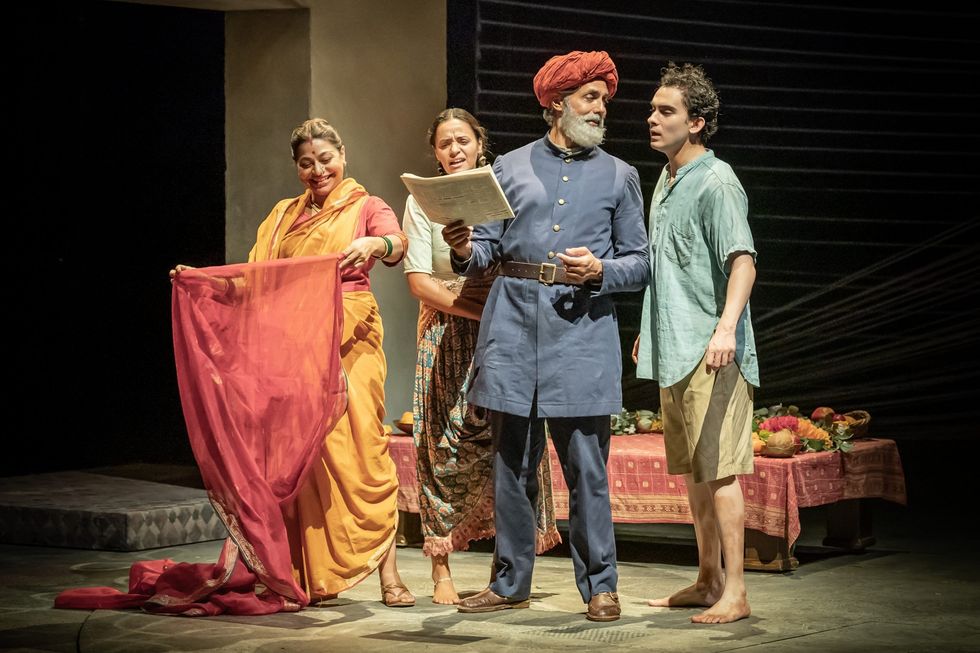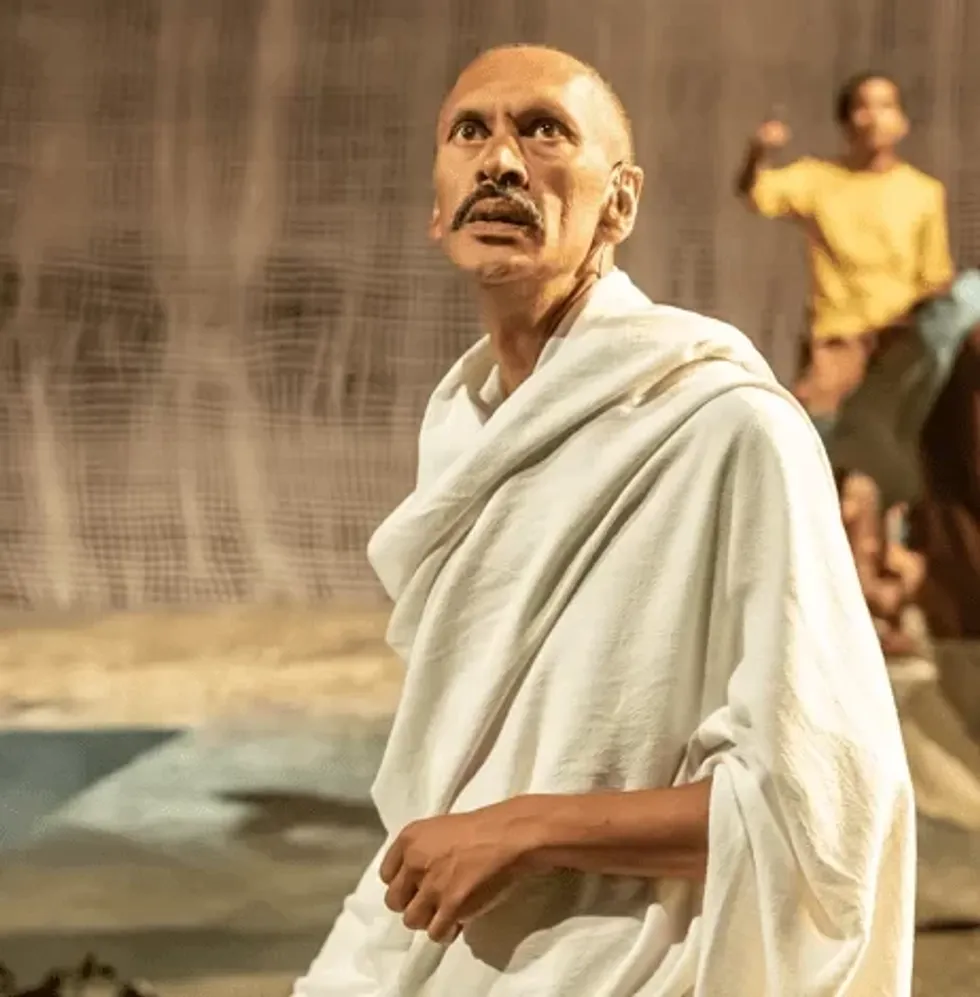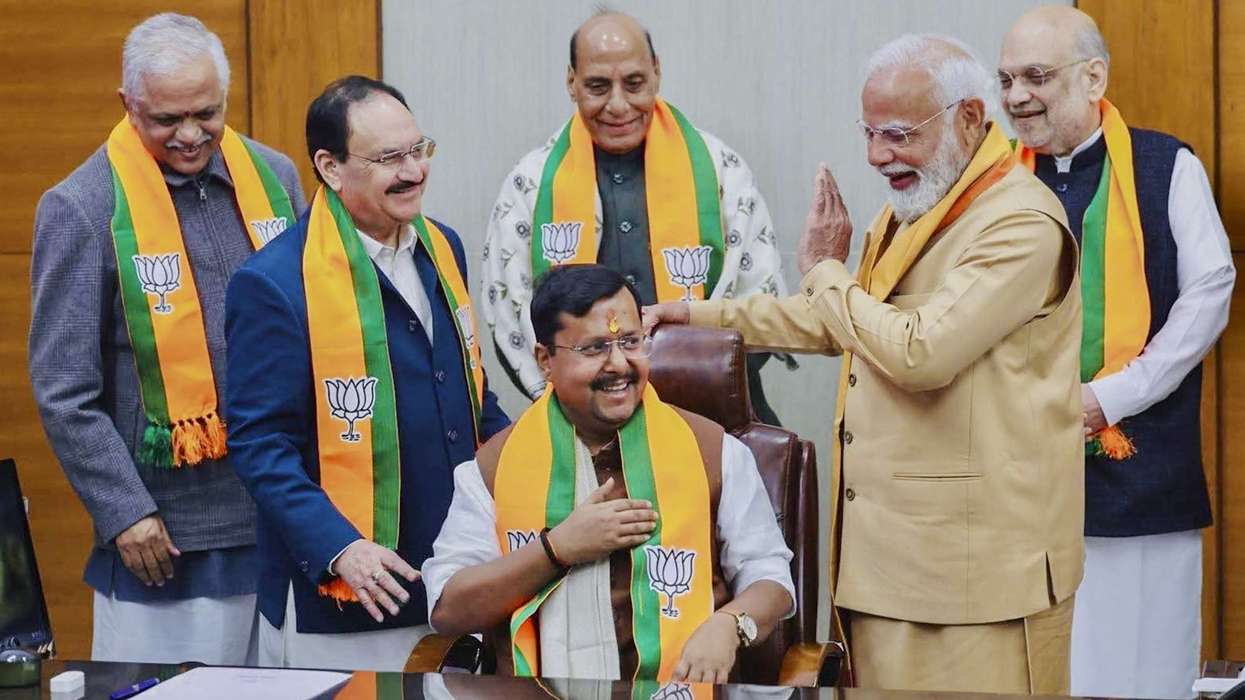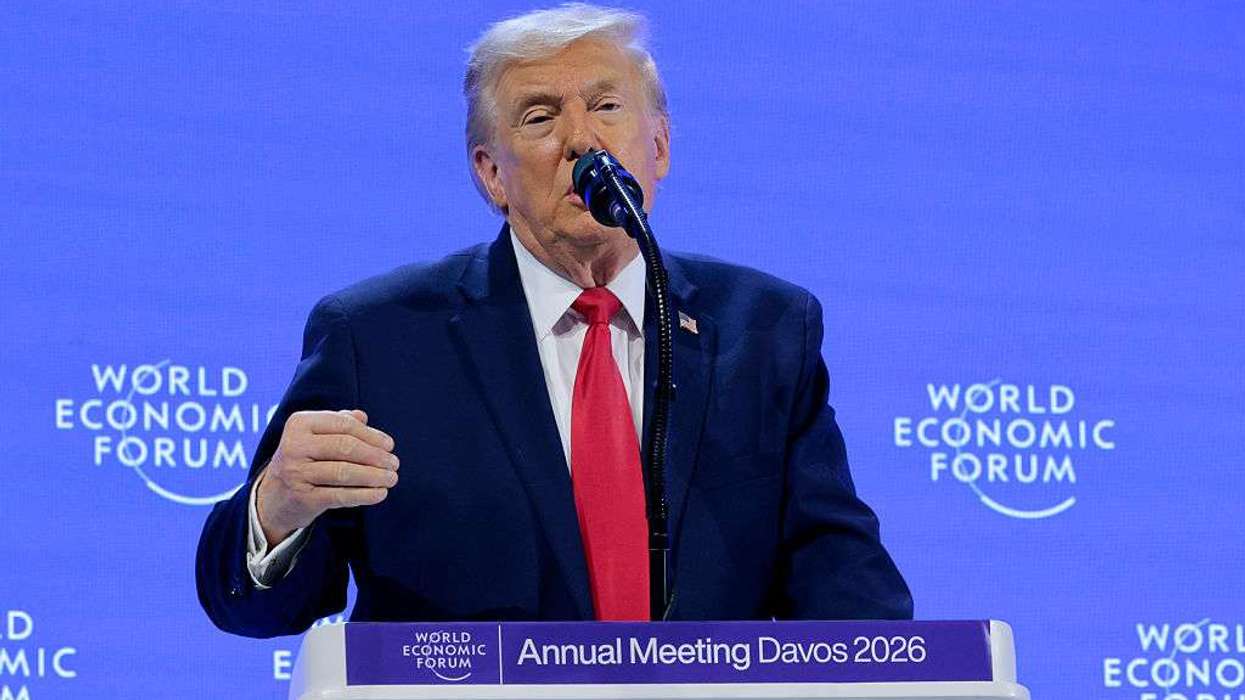FOR younger members of the British Asian audience who had come to see The Father and the Assassin, the play was something of a revelation.
“I didn’t know anything about this,” admitted a young woman who works in PR.
But for a Punjabi woman in her 60s, whose family was caught up in the communal frenzy of Partition, sitting through the play was a “very harrowing” experience.
The play, written by Chennai-based Anupama Chandrasekhar and directed by Indhu Rubasingham, looks at Mahatma Gandhi’s assassination on January 30, 1948, through the eyes of Nathuram Godse, who shot dead the “father of the nation” at a prayer meeting in Delhi.
My parents were living in Patna at the time, a long way from Delhi. I heard the story years later from my mother who told me the house remained in darkness that evening – “no one switched on the lights and no food was cooked that night”.
It must have been the same in millions of homes across the country. India had been independent for barely five months. The prime minister, Jawaharlal Nehru, went on All India Radio to talk to the nation: “The light has gone out of our lives and there is darkness everywhere. I do not know what to tell you and how to say it. Our beloved leader, Bapu as we called him, the Father of the Nation, is no more.”
But Nehru also added: “The light has gone out, I said, and yet I was wrong. For the light that shone in this country was no ordinary light. The light that has illumined this country for these many years will illumine this country for many more years, and a thousand years later, that light will be seen in this country and the world will see it and it will give solace to innumerable hearts.”
Gandhi’s assassination remains a wound in the collective Indian consciousness. So for Indians, who packed the Olivier Theatre, the largest of the three spaces at the National, last Thursday (14) was a troubling night.
Shekhar Kapur, who happened to be sitting next to me, looked drawn.
“Good play,” he murmured, joining in the standing ovation, which was quite something from a man who had directed a film as raw as Bandit Queen.
I think he meant the events depicted had a sobering effect.
The Father and the Assassin, which was first shown last year, will run at the National until next month.
Godse was played last year by Shubham Saraf, but this time by Hiran Abeysekera, who made his name as Pi Patel in Life of Pi on the West End stage. A veteran British Asian actor, Paul Bazely, has returned as Gandhi.
There has been a switch in the crucial role of the idealogue Vinayak Savarkar – from Sagar Arya last year to Tony Jayawardena this time.
Last year’s production of The Father and the Assassin took two of the top prizes in Eastern Eye’s Arts Culture & Theatre Awards (ACTA) 2023 – best director for Rubasingham and best actress (theatre) for Ayesha Dharker, who has returned to play Godse’s mother.
The play begins with Godse, his shirt bloodied, addressing the audience after Gandhi’s assassination: “What are you staring at? Have you never seen a murderer up close before?... Do I look evil? I’m not, no matter what you’ve heard. I am a genuine, concerned citizen of the world who once wanted nothing more than to be a free man.
“To tell you the truth, you and I, we’re really not that different. I’m just a bit browner than some, that’s all. But I guarantee, once you get to know my story, once you truly understand me, I know you’ll celebrate me. Maybe even build statues in my honour… It’s about time you know who I am, for I too am etched in India’s history.”
Indeed, Godse gets some of the best lines. The play goes back over the events leading to Gandhi’s killing, but here and there, there are contemporary touches.
In a tailoring shop, for example, where Godse works as an apprentice, he confronts a Muslim customer who had offered the traditional greeting: “As-salaam-alaikkum.”
Godse is aggressive: “Jai Shri Ram!”
He repeats: “I said, Jai Shri Ram!”
Godse persists in demanding the Hindu religious greeting: “Jai Shri Ram! When in our land, you must behave as one of us. Understand?”
The Muslim protests: “I’m not a foreigner – my family’s been in Ratnagiri for five generations. You, you’ve only just arrived here.”
In recent times there have been reports from India of Hindu gangs attempting to force Muslims to say, “Jai Shri Ram”.
Savarkar is depicted as having great influence over Godse who tells Vimla (played brilliantly by Aysha Kala), a friend from childhood days that he is “a proud Savarkarite. And a patriot, unlike your Bapu.”
There is also a defining exchange between an angry Savarkar and a desperateto-please Godse.
Savarkar: “I’ve been wasting my time all these years. Cowards! My path is not the right one for you.”
Godse: “No, no, it absolutely is the right…”
Savarkar: “Enough of words. Prove it. What are you willing to do for your Motherland? Are you willing to die?”
Godse: “Yes.”
Savarkar: “Are you willing to kill?”
The audience is later told that Savarkar is let off after Gandhi’s murder for lack of evidence.
Gandhi is shown pleading with Congress and Muslim leaders not to partition India. Muhammad Ali Jinnah demands Pakistan: “I don’t believe that my people will be safe in a Hindu-majority country.” He drives home his point: “There is only one solution: two separate dominions.
“A Hindustan for Hindus. And a Pakistan for us.”
That is the last thing Gandhi wants: “Impossible. What you are suggesting is to separate two brothers living in the same house.”
His compromise that Jinnah should become prime minister is not acceptable either to Nehru or the Congress strongman, Vallabhbhai Patel.
Gandhi’s words are prophetic: “You will vivisect my country over my dead body. We’ve coexisted for centuries. Our diversity has been our strength.”
Godse addresses the audience: “Yes, I blame Gandhi for all of this. If he hadn’t harped on peace at all cost, if he hadn’t given Jinnah a place at the table, if he hadn’t been the one negotiating.”
There is a mythical meeting between Gandhi and Godse when both are dead.
The play closes with a fiery speech from Godse: “Wake up, people! There is a war brewing at your doorstep. We have to be ready – no, you have to be ready. Know who your enemies are. They are hidden amongst you. Your neighbours, your colleagues…..Neutralise the threat before it grows into a monster. Your enemies are getting stronger, bloodthirstier. Your future, your place in the world is at stake. What will you do? A Gandhi is of no use to
you when tomorrow’s battles are fought with deadlier weapons. No, you’ll need a Godse. And I will rise.”
It will be recalled that in his speech after Gandhi’s death, Nehru announced the funeral arrangements: “The cremation will take place on Saturday in Delhi city by the side of the Jamuna River.”
Joe Biden, Rishi Sunak and other G20 leaders paid homage to Gandhi by visiting Raj Ghat after their recent summit. But as Godse forecasts in the play, there are people in India who want to erect a statue to him. It won’t happen, but such people do exist.
The Father and the Assassin is at the National Theatre until October 14






